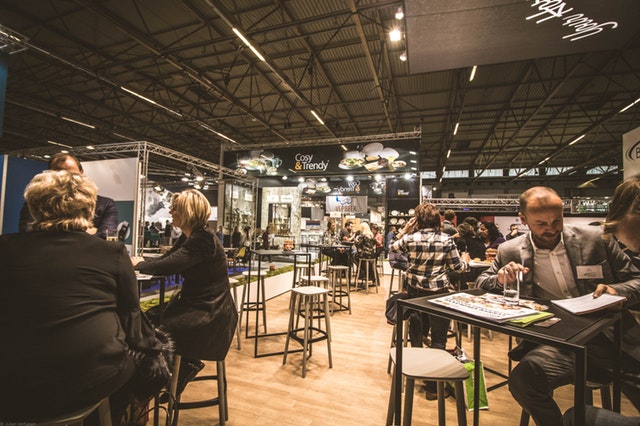An entertainment expense where the benefits are enjoyed or received by employees may be subject to fringe benefit tax (FBT).
There are 4 major types of business entertainment expenses:
-
-
-
100% deductible, not liable for FBT
-
50% deductible, not liable for FBT
-
100% deductible, liable for FBT
-
50% deductible, liable for FBT.
-
-
Read below to find out more about entertainment expenses.
What is a Fringe Benefit?
Fringe benefits are often called ‘perks’ and include most benefits given to employees in addition to their salary or wages.
As an employer, if you provide fringe benefits to your employees, or other people associated with your business, you must generally pay FBT on the value of these benefits.
There are also ‘Attributed benefits; which are fringe benefits of which an employee has the principal use or enjoyment during part of, or the whole year. For many categories of fringe benefits, a threshold value exists, meaning that benefits over this value must be attributed.
Watch more videos on our YouTube Channel HERE
But the basic problem for employers is around the definition of a fringe benefit as opposed to an entertainment expense. The easiest way to break this down is to look at the ‘perk’ and decide whether the employer uses or enjoys this perk at their discretion, that is not as part of their normal work duties. – A good example are memberships of clubs (golf, sports) or partial payment towards gym membership, these benefits would be subject to tax. These costs, being subject to FBT are fully deductible by employers.
FREE GUIDE: Understanding Fringe Benefit Tax
Entertainment Expenses
If however, the cost of the perk is not able to be enjoyed at the employee’s discretion but forms part of their normal work routine like Christmas parties, in-work celebrations “shouts” etc. or entertaining customers, then these expenses are Entertainment and are 50% or 100% deductible for tax purposes.
They can include food and drink provided at venues like corporate boxes, corporate yachts or business related accommodation and the food and drink consumed for the purpose of business activities, staff morale or goodwill e.g. parties or receptions on your business premises, or the Friday ‘shout’ at the pub or the executive dining room used to entertain clients.

The types of entertainment that are 100% deductible are for entertainment expenses incurred in carrying on your business, for example the cost of your meal while travelling on business – (not those bought for yourself and the business contact you are entertaining though, they are only 50% deductible); your business conference food and drink if the conference is of four hours duration or more; some meal allowances for overtime work; entertainment associated with a promotion or trade display, in other words, entertainment costs that are part of ‘growing your business’.
The following checklist is a guide to the rules regarding tax treatment of Entertainment Expenses (50% & 100%) and Fringe Benefit Tax - don’t forget also, that FBT expenditure is fully deductible.
| 50% Claimable as Entertainment | 100% Claimable as Entertainment | Fringe Benefit Tax Payable | |
| Staff Christmas Party costs | √ | ||
| Meal voucher awarded as an employee incentive | √ | ||
| Sales rep. taking a client out to dinner, cost of both meals | √ | ||
| The cost of meals while travelling on business | √ | ||
| Gifts of wine or food to staff | √ | √ | |
| Gifts of wine or food to NZ clients | √ | ||
| Friday night drinks for employees | √ | ||
| Membership/subscriptions to clubs and gyms available for employees | √ | √ | |
| A restaurant providing meals to all its customers at half price on Tuesday nights | |||
| A restaurant provides food and drinks to staff at a social function in the restaurant. | |||
| Food and drink at conferences/staff training or business course (four hours or more duration) | √ | √ |




